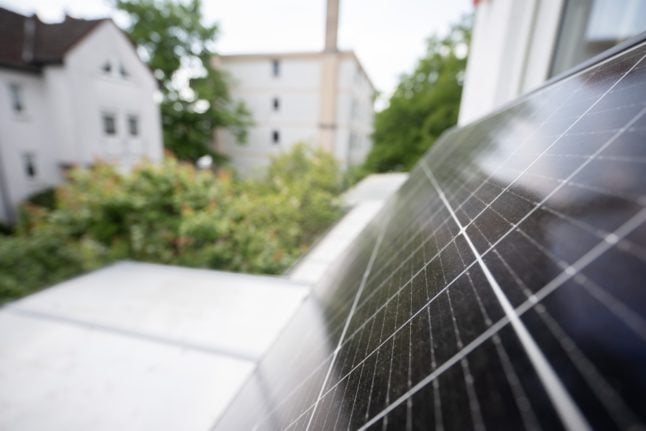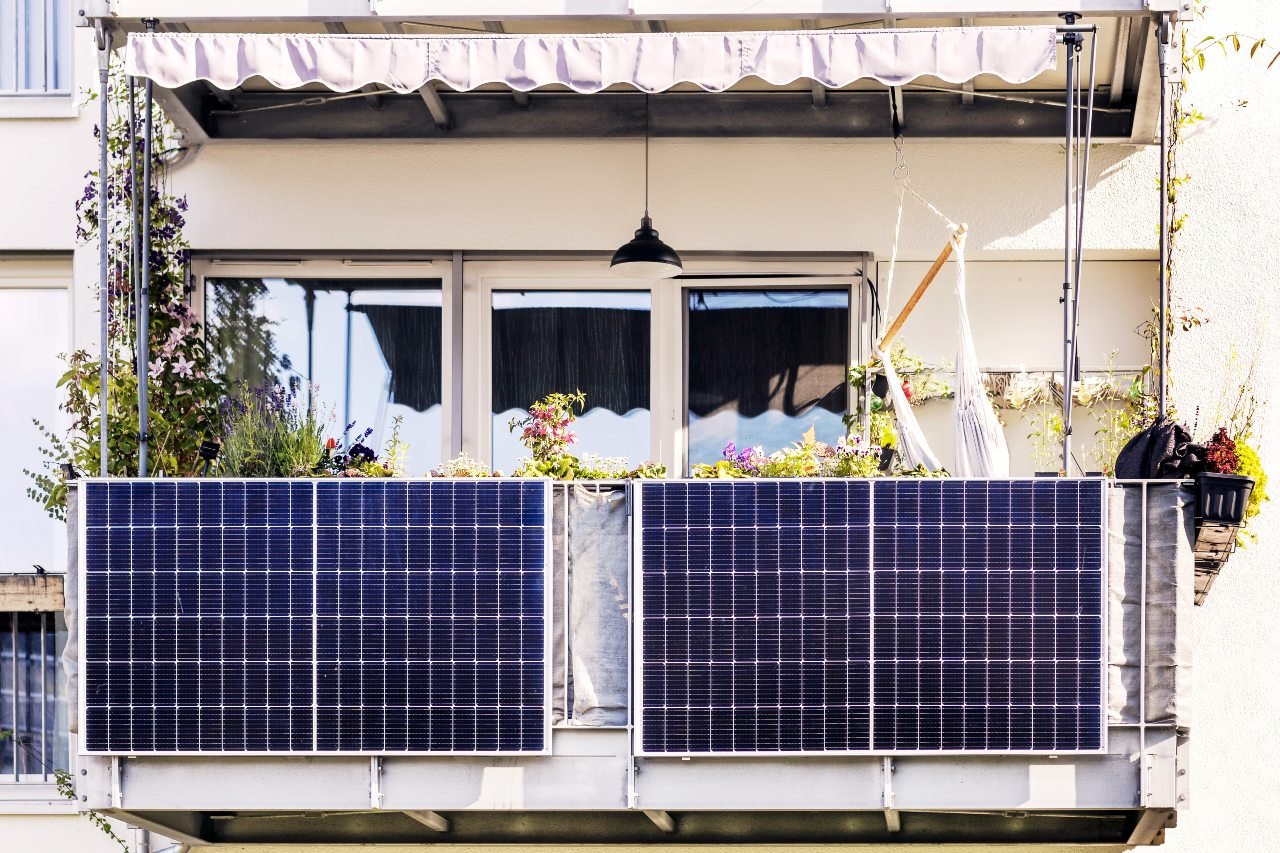According to the survey conducted in June among food, beverage, and tobacco retailers, price expectations are at 98.9 points. This means that almost all bosses surveyed are planning to raise prices, and consumers in Germany will have to dig even deeper into their pockets in the coming months.
The majority of the surveyed retailers in other sectors also plan to put prices up: their price expectations rose to 78.6 points, up from 75.5 points. “We can therefore expect inflation rates to remain high for the time being,” said Timo Wollmershäuser, Head of Forecasts at ifo.
The points indicate the percentage of companies planning to raise their prices. The balance is obtained by subtracting from the percentage of companies that want to raise their prices, the proportion of those that want to lower their prices. If all the companies surveyed planned to increase their prices, the balance would be 100 points.
People in Germany have been dealing with the rising cost of living for months as inflation has spiralled upwards.
Last week the Federal Statistical Office estimated inflation for June at 7.6 percent year-on-year. Although this means that inflation slowed down slightly, it is still at a very high level. Food prices rose at an above-average rate of 12.7 percent.
READ ALSO: German inflation slows in June as government steps in
However, the ifo Institute went on to say that there were signs that the inflation rate could go down.
“There are initial signs that the rate of inflation could gradually decrease toward the end of the year,” Wollmershäuser said.
“In several economic sectors with production upstream of private consumption, price expectations have now dropped twice in a row.”
These include manufacturing (which was 59.7 points and previously 66.7 points), construction (50.0 points, previously 56.0 points), and wholesale (57.4 points, previously 68.1 points). The ifo said it is only among service providers that price expectations have remained largely the same (47.1 points).
It’s not clear how high the planned cost increases will be because the ifo Institute does not ask about the amounts.
READ ALSO:




 Please whitelist us to continue reading.
Please whitelist us to continue reading.
Member comments